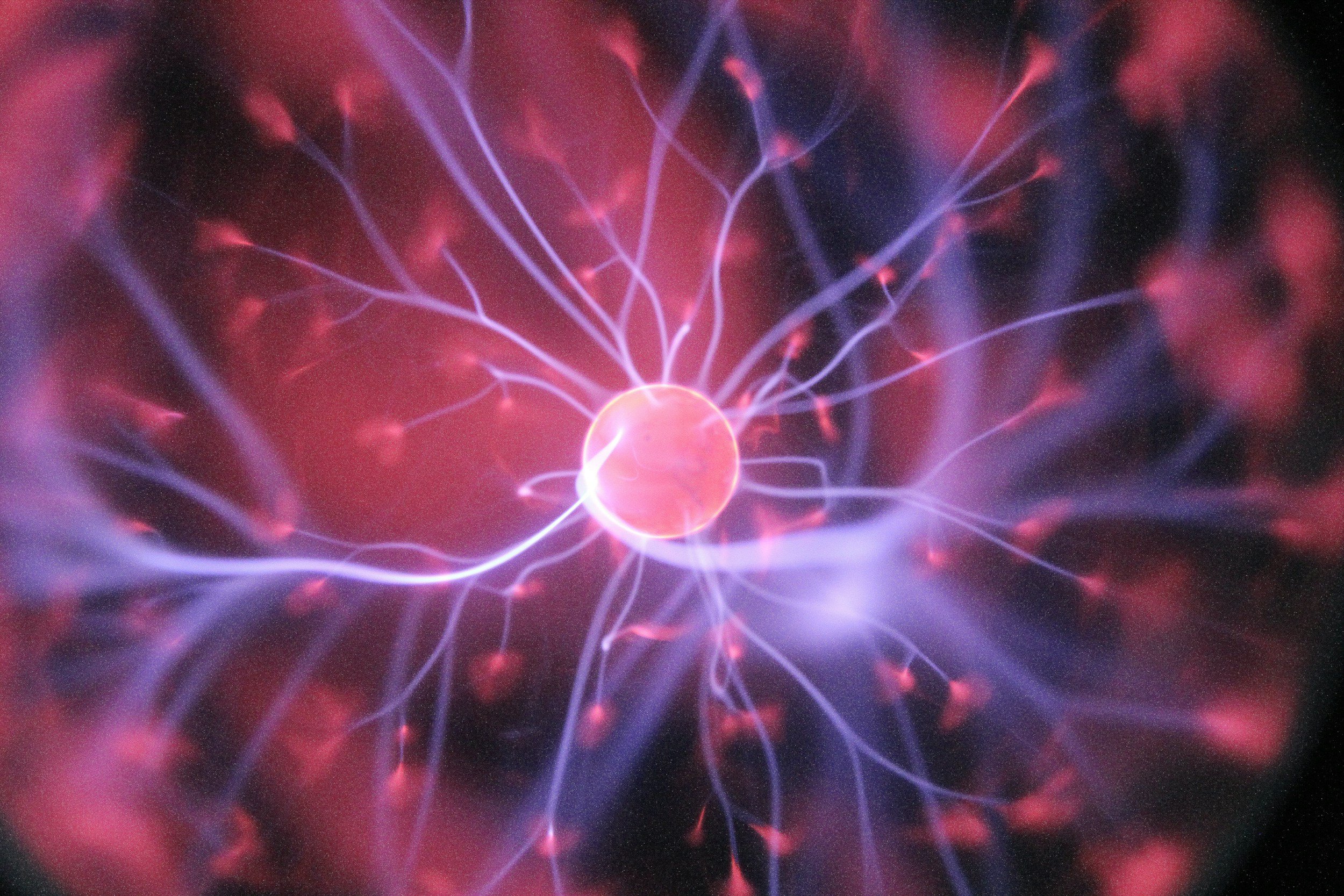AI vs. Human Writers: How AI Summaries Are Transforming Science Communication and Trust

Image Credit: Hal Gatewood | Unsplash
Recent research published in PNAS Nexus highlights the effectiveness of artificial intelligence in breaking down complex scientific concepts for the general public. The study demonstrates that AI-generated summaries enhance comprehension and boost positive perceptions of scientists compared to human-written summaries. By simplifying technical language, AI-generated summaries may play a pivotal role in bridging the gap between complex science and everyday understanding.
[Read More: Will Scientist Be Replaced by AI in the Future?]
Experimenting with AI to Simplify Science
The study leveraged GPT-4, a widely used AI language model by OpenAI, to create accessible summaries of scientific papers, often called "significance statements". These AI-generated summaries avoided technical jargon, favouring simpler words and phrases—"job" instead of "occupation", for example—making them easier for readers to follow. In a controlled experiment, participants who read the AI-generated summaries reported a better understanding of the scientific content than those who read traditional, human-written summaries.
[Read More: OpenAI's GPT Series from GPT-3.5 to GPT-4o]
Impact on Trust in Science and Scientists
Not only did AI summaries improve comprehension, but they also influenced readers’ trust in the scientists behind the research. Participants rated scientists associated with simplified summaries as more credible and trustworthy. Interestingly, many participants believed that the complex summaries were AI-generated, reflecting a common assumption that AI might favour technical complexity over simplicity.
[Read More: Navigating the Digital Library: Which AI PDF summarization tools can cater for your needs?]
Why AI-Generated Summaries Matter
In an era of declining public trust in science and increased information access, effectively communicating scientific discoveries has become essential. Many readers find academic research challenging to understand, particularly when filled with jargon. AI-generated summaries offer a solution, making science more accessible and fostering trust in scientific research. This shift could inspire broader public engagement with critical scientific issues, from health to environmental challenges.
[Read More: Civils.ai Transforming Construction with AI-Powered Document Handling]
Ethical Questions and Future Implications
While AI shows promise in science communication, questions about its use remain. The potential for oversimplification or errors requires careful consideration to avoid misinterpretation. Transparent practices are vital; readers should know when AI contributes to content generation. As academic norms evolve, AI could reshape scientific communication standards, provided ethical and transparency concerns are addressed.
[Read More: Can Professors Detect AI-Generated Work?]
Striking a Balance: The Role of Scientists
While AI offers powerful tools for clarity, scientists can achieve similar results through conscious efforts to reduce jargon and simplify language. Maintaining a balance between technical accuracy and accessibility remains essential in the quest to make science understandable for all.
[Read More: The Top 10 Emerging Technologies of 2024 Shaping Our Future]
Source: The Conversation
We are your source for AI news and insights. Join us as we explore the future of AI and its impact on humanity, offering thoughtful analysis and fostering community dialogue.







